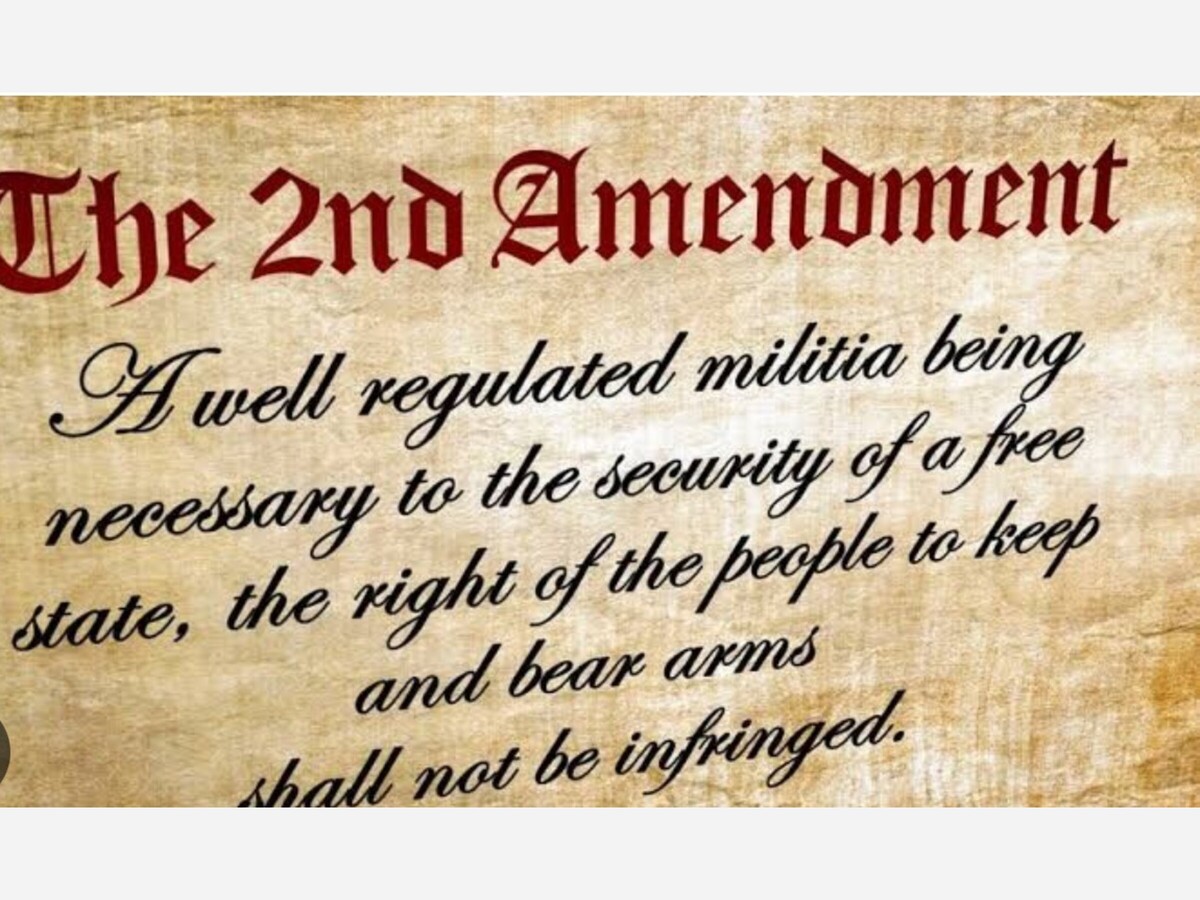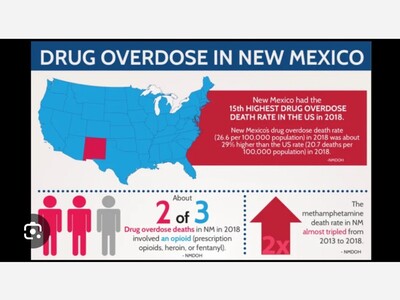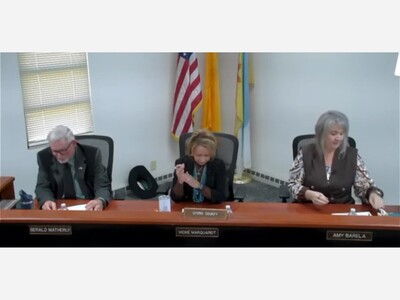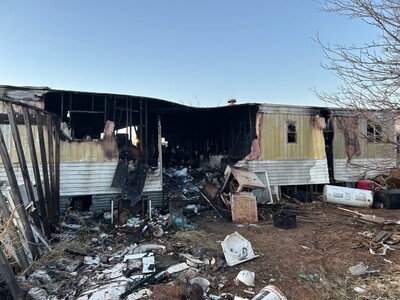No Prohibitions or The Gun Advocates Flawed 2nd Amendment Argument
The Second Amendment (Amendment II) to the United States Constitution protects the right to keep and bear arms. It was ratified on December 15, 1791, along with nine other articles of the Bill of Rights.
A well regulated Militia, being necessary to the security of a free State, the right of the people to keep and bear Arms, shall not be infringed.
The right to keep and bear arms shall not be infringed. Shall not be infringed is pretty clear cut. It does say with the exception of blank and blank and blank it clearly says shall not be infringed, period.
As a constitutional purist then rules that infringe on ANYONE owning a gun are unconstitutional. A waiting period does not infringe as at the end of the waiting period the purchaser should be allowed the gun period. However what’s the point of a waiting period? A background check? A background check for what? The constitution does not say the right to bear arms unless you fail a background check? It clearly says the right shall not be infringed, period.
We’re the background checks in the 1700s and 1800s preventing gun purchases? No. If a person went to jail and got out were they denied a gun? No.
There were NO limitations of gun ownership or the infringement on gun ownership until 1934. On June 26, 1934, Congress passed the National Firearms Act (NFA) and began chipping away at the constitutional right to bare arms uninfringed.
It was adopted to limit the availability of machine guns, short-barreled shotguns, short-barreled rifles, sound suppressors (silencers), and other similar weapons that were often used by criminals during the Prohibition Era. The NFA imposed a tax on the manufacture, import, and distribution of NFA weapons and required a registry of “all NFA firearms in the United States that were not under the control of the United States [government].”
The Bureau of Alcohol, Tobacco, Firearms and Explosives (ATF) collects the taxes and maintains NFA weapon registration records in a central registry. This central registry, called the National Firearms Registration and Transfer Record (NFRTR), consists of all registration documents, attachments to those documents, and an electronic database that includes information from many of the documents and that enables computerized searches of the registry.
The Gun Control Act of 1968 was amended in 1993 by the Brady Handgun Violence Prevention Act which introduced a background check requirement of prospective gun purchasers by licensed sellers, and created a list of categories of individuals to whom the sale of firearms is prohibited:
It shall be unlawful for any person to sell or otherwise dispose of any firearm or ammunition to any person knowing or having reasonable cause to believe that such person—
(1) is under indictment for, or has been convicted in any court of, a crime punishable by imprisonment for a term exceeding one year;
(2) is a fugitive from justice;
(3) is an unlawful user of or addicted to any controlled substance (as defined in section 102 of the Controlled Substances Act (21 U.S.C. 802));
(4) has been adjudicated as a mental defective or has been committed to any mental institution;
(5) who, being an alien;
(A) is illegally or unlawfully in the United States; or(B) except as provided in subsection (y)(2), has been admitted to the United States under a nonimmigrant visa (as that term is defined in section 101(a)(26) of the Immigration and Nationality Act (8 U.S.C. 1101 (a)(26)));
(6) who has been discharged from the Armed Forces under dishonorable conditions;
(7) who, having been a citizen of the United States, has renounced their citizenship;
(8) is subject to a court order that restrains such person from harassing, stalking, or threatening an intimate partner of such person or child of such intimate partner or person, or engaging in other conduct that would place an intimate partner in reasonable fear of bodily injury to the partner or child, except that this paragraph shall only apply to a court order that—
(A) was issued after a hearing of which such person received actual notice, and at which such person had the opportunity to participate; and(B)(i) includes a finding that such person represents a credible threat to the physical safety of such intimate partner or child; or(ii) by its terms explicitly prohibits the use, attempted use, or threatened use of physical force against such intimate partner or child that would reasonably be expected to cause bodily injury; or
(9) has been convicted in any court of a misdemeanor crime of domestic violence.
While many states upon completion of sentence automatically reinstate rights to vote, sit on a jury, or serve in public office, no states restore gun ownership rights upon completion of sentence. Why? The Constitution clearly says the rights shall not be infringed, period.
Some states reinstate rights depending on the crime convicted of, and others have a petition process. Those convicted of a federal offense must contact the Office of the Pardon Attorney, Department of Justice, to receive a presidential pardon. Under the Department's rules governing petitions for executive clemency, 28 C.F.R. §§ 1.1 et seq., an applicant must satisfy a minimum waiting period of five years before he becomes eligible to apply for a presidential pardon of his federal conviction.
According to a 21 Sep 2011 "Open Letter to All Federal Firearms Licensees" from ATF, holders of state-issued medical marijuana cards are automatically "prohibited people" under 18 U.S.C 922 (g)(3) and "shipping, transporting, receiving or possessing firearms or ammunition" by a medical marijuana card holder is a violation. Based upon that interpretation 42% of Americans use marijuana and in doing so are not allowed to have a firearm.
The right shall not be infringed but it is!
If one drinks should they be banned from possession of a gun? If not then why should one that partakes in legal marijuana or one that was convicted of a white collar nonviolent crime like tax evasion? Why should they be banned from gun possession and ownership a right they had until 1968 and amended in 1993?
Why was it accepted for 200 years and then suddenly no?
Where are the gun advocates fighting for the rights of ALL adults the right to own a gun uninfringed?
If you are a gun advocate it is all or nothing. Amendment One the right of free speech is allowed regardless of one’s status in life. Why then is it acceptable to limit freedoms via one amendment and not limit via all amendments. The purest form of a Democratic Republic is to follow the constitution and as such the right to bear arms shall not be infringed upon by any ordinance nor legislative act, period!
We call on the New Mexico legislature to enact a law to repeal ALL restrictions on gun ownership by ANY legal citizen of the United States and the state of New Mexico.
John Block, Senators Griggs and Senator Burt you each claim to be conservatives and constitutionalist! If that’s the case support the 2nd Amendment and repeal all restrictions on firearm ownership and possession. Call for a repeal of the Gun Control Act of 1968 was amended in 1993 by the Brady Handgun Violence Prevention Act as well as the National Firearms Act of 1934. It’s time we draw back to the original intent of Amendment 2 and follow the rule of law that served the nation well from 1791 to 1934. Anything less is a form of government control and goes against constitutional conservative principles
One cannot call themselves an American First Republican and then advocate for ANY prohibitions whatsoever on gun ownership.
The right to bear arms shall NOT be infringed! Period!















